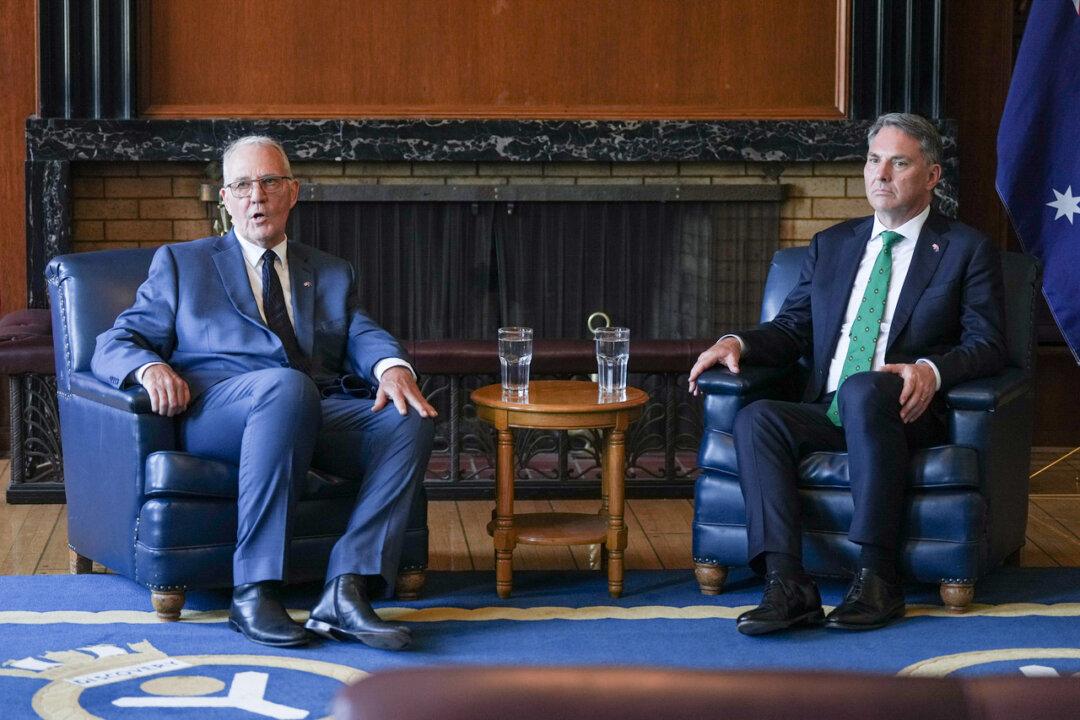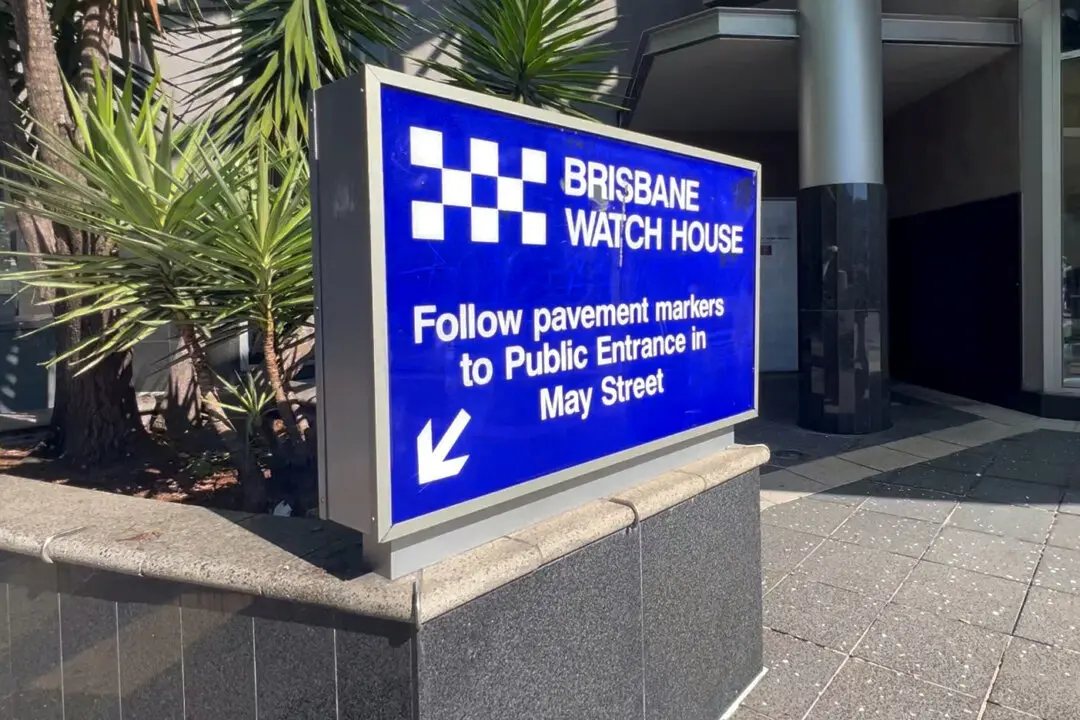On the third anniversary of the AUKUS agreement, Australian Prime Minister Anthony Albanese, British Prime Minister Keir Starmer and U.S. President Joe Biden have released a joint statement consolidating their partnership and extending their willingness to take on new allies.
According to the statement released on Sept. 18, the trio of nations declared they would consider inviting South Korea, New Zealand, and Canada into the fold as partners on advanced capability projects.





